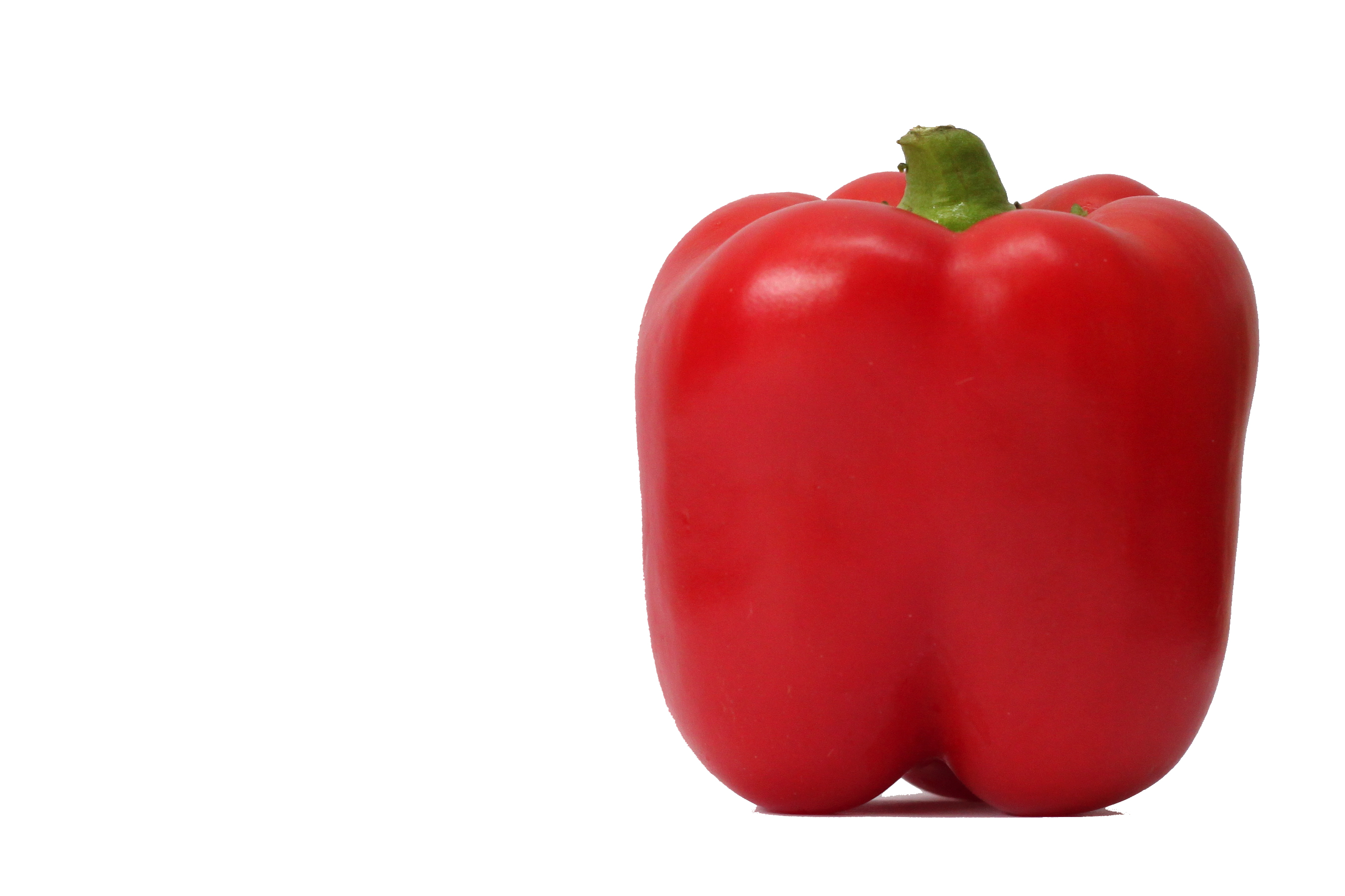
We begin exploring simplicity with one of the most basic things in life.
Food is universal.
Many people have an immense love for food, and I’m definitely not an exception. I used to keep the Food Network on for most of the day and watch all types of delicious eats I didn’t have in my kitchen. What I was actually doing was spending my energy and attention on food options I didn’t even want before I saw them. The constant parading of exotic and indulgent options advocates for variety, complexity and in many cases less healthy choices.
Instead, I’ve become an advocate for simplicity in food. When I say food, I mean whole, unprocessed, and high quality products from nature. Simplicity in food is often overlooked, and is an area beneficial to everyone. The benefits include healthier choices, more energy, less stress, less waste, less consumption, and often less cost, depending how you go about it.
Here are 5 guidelines for simplicity in food.
Adjust the guidelines to work best for you.
1) Simplify your relationship
The food you eat is fuel for your body, which is then converted into energy to run the bodily and cognitive processes you need to survive. The better sources of fuel you put in, the better quality and quantity of energy you’ll have to thrive.
While a simple concept, it’s not always an easy feat, especially for people who have complicated their relationships with food into emotional escapes, distractions, rewards and even punishments.
Start viewing and appreciating food as what it is, an input for a healthy and high-functioning version of yourself. As part of it, pay attention to what sources of food work best for your body.
If you find gluten, dairy, or anything else causes your body to function less optimally, try to avoid them. If you find yourself craving something, ask yourself if you’re truly hungry or if it’s something else. Did you eat only a couple hours ago? Are you really thirsty, instead? Maybe it’s your reaction to boredom, a trigger, or an emotional state. Try to uncover what’s underlying the craving.
2) The simpler, the better
Fewer ingredients listed and less processing required usually equal less foreign-sounding chemicals and additives you’ll be consuming. As much as possible, buy items with one ingredient or as minimally processed as possible, like fruit, vegetables, meat, and eggs.
This also applies to how you prepare the food. The less prep and ingredients you have in your food, the less time, complexity and cost it will take. There are tons of simple recipes online you can search for with the ingredients you have.
It’s even better and more nutritious if the food is grown or produced locally, in a clean, sustainable, and organic manner. Note there doesn’t need to be an organic label on it if you know and trust the local farm where it came from.
The higher quality food you put in your body, the less quantity your body needs to operate at its best. Meaning, if you do it right, you’ll also eat less overall since you’re more satiated from whole foods.
3) Less is more
Simplify your food options for the week by buying less variety on your grocery trips. If you go grocery shopping weekly, try to buy only what you need for the week. Once you stop viewing a sparser refrigerator and pantry as being a bad thing (a process I needed to go through), you’ll find it liberating and less stressful.
The less decisions you have to make on the food in your refrigerator, the more energy you have for other tasks outside of feeding yourself. This not only reduces the amount of energy you spend deciding what you’re going to eat every day, it also reduces waste from spoiled and forgotten food. It reduces the clutter in the storage spaces of things you buy and never eat. This also helps with less cost, even with the higher quality of food.
It doesn’t mean you’re eating the same thing every day. You’re just buying more intentionally and less impulsively.
4) Have a plan
Developing a plan or system will only make it easier for you to stay on budget and buy only what you need. Make a list, eat before going grocery shopping (highly advised!), and have a budget overall and for different categories.
My weekly staples are 2-3 options for veggies (either frozen or fresh), 1-2 options for fruits, sweet potatoes, eggs, bulk rice, lentils and smaller amounts of high quality meats. I allow for some flexibility depending on what’s on deal at my local store.
5) Indulge a little
Lastly is the importance of little indulgences every once in awhile. Life is short and treating yourself to the little things periodically does wonders for the soul. When it’s less frequent, you are more able to truly appreciate it.
What works best for me is to either have a small quantity of the treat (chocolate and tator tots are my favorites – not together, enjoyed in separate instances!) available in the house or go get it at a restaurant.
If I have it in the house, I don’t keep it in plain sight. Whenever you see it, it’s an energy drain of the limited amount of self-control you have each day.
Finally, when I do indulge, I make a point to focus on the present moment, savoring each bite!